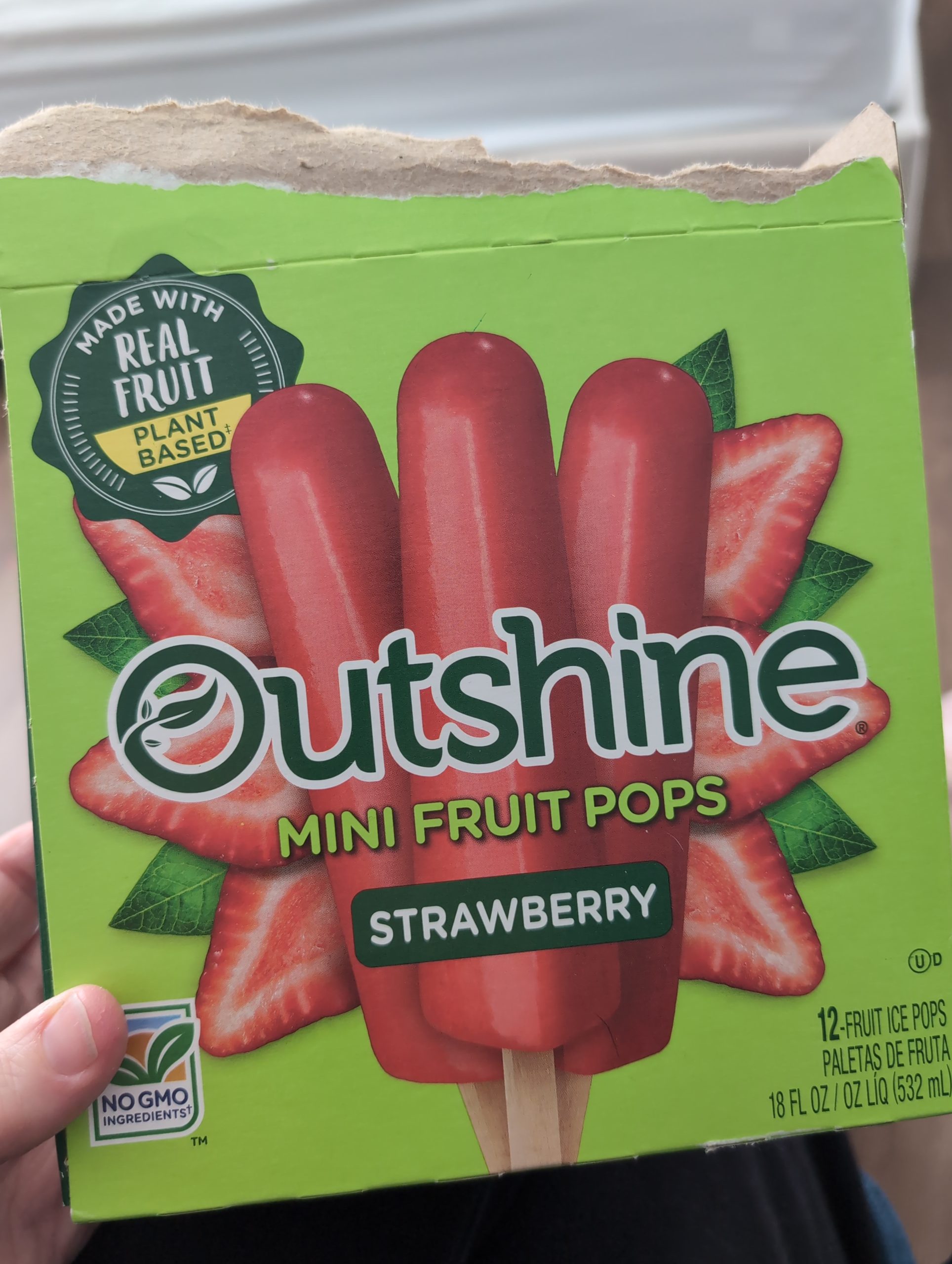Our Personal Story: A Treat Turned Tragic
As a family committed to a strict animal-based diet to manage autoimmune conditions like Celiac disease and Lupus, we are meticulous about what we consume. Our diet consists of grass-fed meats, organic fruits, raw dairy, kefir, and a few select nut butters. We avoid processed foods like a plague and NEVER eat out. Nope, we don’t do that here!
However, during a routine shopping trip to Target, we decided to let our children enjoy a seemingly “healthy” popsicle, proudly labeled as non-GMO and gluten-free. What followed was a harrowing experience:
- My husband developed a severe rash across his abdomen, experienced gastrointestinal distress for three days, and suffered from intense knee inflammation.
- Our daughter, who has Lupus, endured five days of brain fog, three days of vomiting, five days of diarrhea, swollen extremities, and a butterfly rash on her face.

The common denominator? A single popsicle containing the ambiguous ingredient: “natural flavor.”
Decoding “Natural Flavors”: A Cloak for Hidden Chemicals
The term “natural flavors” might seem harmless, but it’s a catch-all phrase that can encompass a multitude of substances. According to the FDA, it refers to:
“The essential oil, oleoresin, essence or extractive, protein hydrolysate, distillate, or any product of roasting, heating, or enzymolysis, which contains the flavoring constituents derived from a spice, fruit or fruit juice, vegetable or vegetable juice, edible yeast, herb, bark, bud, root, leaf or similar plant material, meat, seafood, poultry, eggs, dairy products, or fermentation products thereof.”
This broad definition allows manufacturers to include a variety of substances without specifying them on labels. Alarmingly, some “natural flavor” mixtures can contain over 100 different chemicals, including solvents and preservatives. Wikipedia+1Wikipedia+1
The GRAS Loophole: A Gateway for Unregulated Additives
Since 1958, the FDA has been responsible for evaluating the safety of new chemicals and substances added to foods before they go to market. However, food safety laws distinguish between “food additives” and “GRAS” ingredients. While compounds considered “food additives” must be reviewed and approved by the FDA before they are used in foods, ingredients considered GRAS are exempt from these regulations.
This means that thousands of substances have entered the food supply without FDA review, leaving consumers in the dark about what they’re consuming.
The Implications for Autoimmune Conditions
For individuals with autoimmune diseases, such as Celiac disease and Lupus, hidden ingredients can be particularly harmful. Even trace amounts of gluten or other allergens concealed under “natural flavors” can trigger severe reactions. While the FDA mandates the disclosure of the nine major allergens, including wheat, if present in natural flavors, cross-contamination or undisclosed derivatives can still pose risks.
A picture of our daughter 2 days after the consumption of the popsicle shown above.

The Gut-Brain Connection: How Additives Affect Mental Health
Our gut is often referred to as the “second brain” due to its extensive network of neurons and its role in producing neurotransmitters like serotonin. This gut-brain axis means that what we consume directly impacts our mental and emotional well-being. Disruptions in gut health can lead to mood disorders, cognitive impairments, and exacerbate autoimmune responses.
Embracing an Animal-Based Diet: Our Path to Healing
Transitioning to an animal-based diet has been transformative for our family. By focusing on nutrient-dense, whole foods and eliminating processed items, we’ve seen improvements in energy levels, mental clarity, and overall health. This diet minimizes exposure to hidden additives and supports gut health, which is crucial for managing autoimmune conditions.
Demand Transparency in Food Labeling
Our experience underscores the need for greater transparency in food labeling. Consumers deserve to know exactly what’s in their food, especially when hidden ingredients can have severe health implications. We urge regulatory bodies to tighten labeling requirements and for manufacturers to disclose all components, including those within “natural flavors.”
Stay Informed and Vigilant
- Read Labels Carefully: Be skeptical of vague terms like “natural flavors” and seek products with transparent ingredient lists.
- Research Brands: Support companies that prioritize transparency and disclose all ingredients.
- Advocate for Change: Join movements and support legislation aimed at improving food labeling standards.
Your health and that of your loved ones depend on informed choices. Let’s demand clarity and safety in our food systems.
Note: This article is based on personal experiences and publicly available information. For specific health concerns, consult with a qualified healthcare professional.
Let’s reclaim what is rightfully our’s in this digital noise we live in. Join us in this exploration of how deep the rabbit hole actually goes.

No responses yet